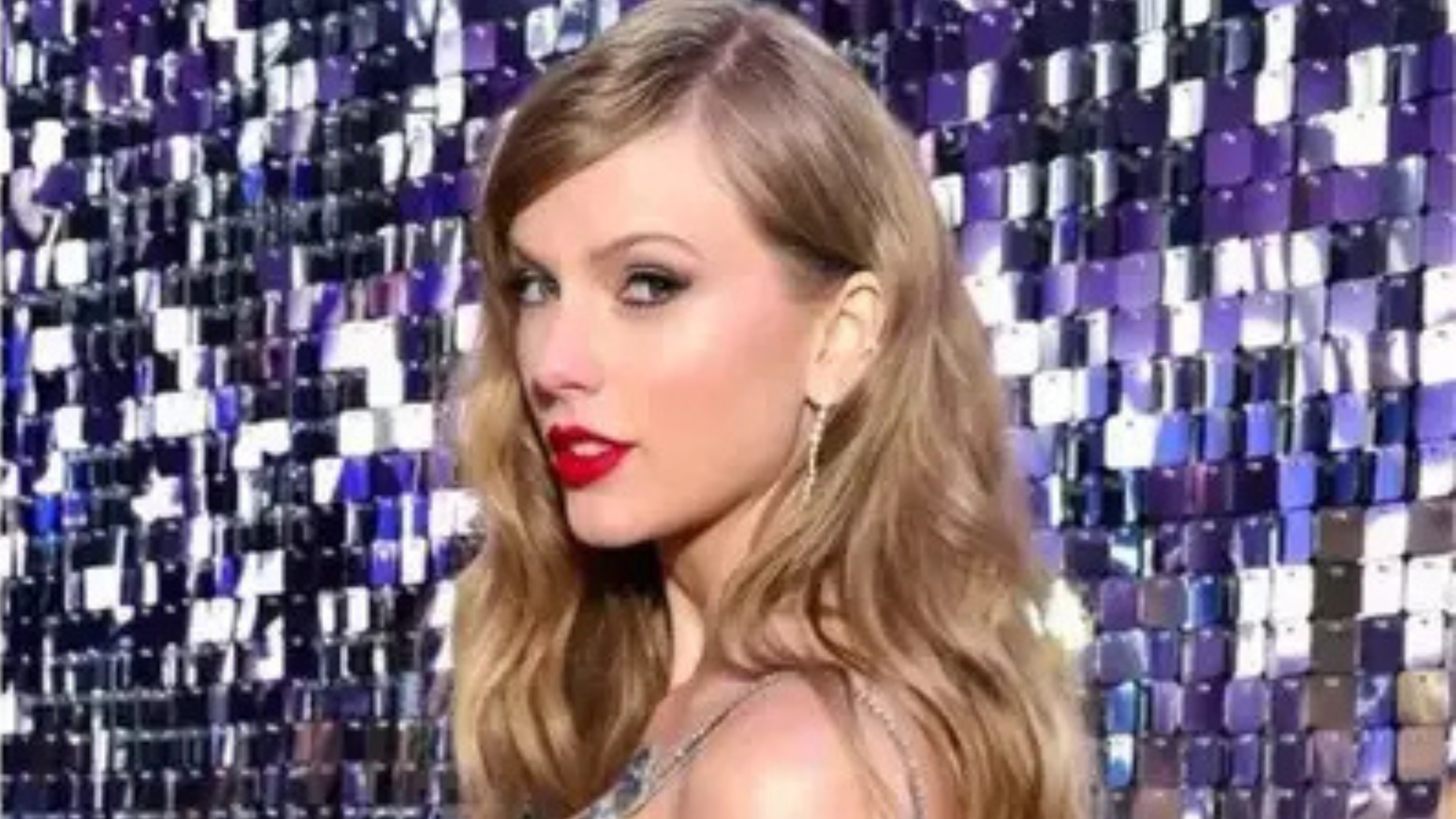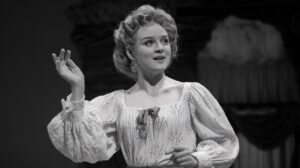Donald Trump Taylor Swift ‘No Longer Hot’: A Deep Dive into the Controversy
In a recent social media post, former President Donald Trump reignited a public feud with pop superstar Taylor Swift, declaring that she is “no longer hot.” This comment has sparked widespread debate about the intersection of celebrity, politics, and public perception. Swift, known for her political activism and support for Democratic candidates, has been a target of Trump’s criticism since her endorsement of Vice President Kamala Harris in the 2024 presidential election. Trump’s latest remarks have intensified discussions about the influence of celebrities in politics and the consequences of their public endorsements.
The Origins of the Feud
The animosity between Donald Trump and Taylor Swift dates back to the 2024 presidential election when Swift publicly endorsed Kamala Harris. Trump, who was seeking re-election, expressed his displeasure with Swift’s support for his political opponent. In response, he posted an all-caps message on his social media platform, Truth Social, stating, “I HATE TAYLOR SWIFT!” This public outburst marked the beginning of a contentious relationship between the two.
Swift’s endorsement was significant, as she has a massive following and her support was seen as a boost for Harris’s campaign. The endorsement led to a surge in voter registrations, highlighting the power of celebrity influence in modern politics. Trump’s reaction to Swift’s political stance was swift and harsh, setting the stage for ongoing public disputes.
Trump’s Recent Remarks
On May 16, 2025, Donald Trump made headlines again by claiming that Taylor Swift is “no longer hot,” attributing this decline to his previous criticism of her. This statement was made on his Truth Social account, continuing the pattern of using social media to air grievances and engage with the public. Trump’s comment has been widely interpreted as an attempt to undermine Swift’s public image and influence.
The timing of Trump’s remarks is notable, as Swift has been relatively quiet in the public eye following her record-breaking “Eras Tour.” The tour, which grossed over $2 billion, solidified Swift’s status as a cultural and financial powerhouse. Despite her success, Trump’s comment suggests that he believes her political affiliations have negatively impacted her appeal.
Public Reaction and Media Coverage
The public’s response to Trump’s comment has been mixed. Supporters of the former president have applauded his candidness, while critics argue that his remarks are an attempt to discredit a successful woman who holds differing political views. Swift’s fans, known as “Swifties,” have taken to social media to express their support for the singer and condemn Trump’s comments.
Media outlets have also weighed in on the controversy. Some have criticized Trump’s focus on celebrity feuds instead of policy issues, while others have examined the broader implications of celebrity involvement in politics. The incident has sparked discussions about the role of public figures in shaping political discourse and the impact of their endorsements on public opinion.
The Broader Implications
This ongoing feud between Donald Trump and Taylor Swift raises important questions about the relationship between politics and celebrity. As public figures, both Trump and Swift wield significant influence over their audiences. Trump’s use of social media to attack Swift highlights the growing trend of politicians engaging in personal attacks against celebrities who express political opinions.
For Swift, the controversy has brought renewed attention to her political activism. While some may view her endorsement of Harris as a courageous stand, others may question the appropriateness of celebrities involving themselves in political matters. Regardless of one’s perspective, the incident underscores the power of celebrity endorsements in modern politics and the potential consequences for public figures who choose to speak out.
Conclusion
The feud between Donald Trump and Taylor Swift is more than just a clash between two public figures; it reflects the complex dynamics of celebrity, politics, and public perception. Trump’s recent remarks about Swift have reignited debates about the role of celebrities in political discourse and the impact of their public endorsements. As the situation continues to unfold, it will be interesting to observe how both Trump and Swift navigate this public dispute and what it means for their respective careers and public images.





